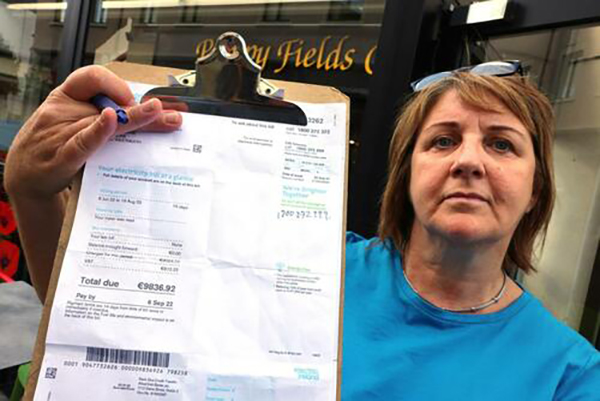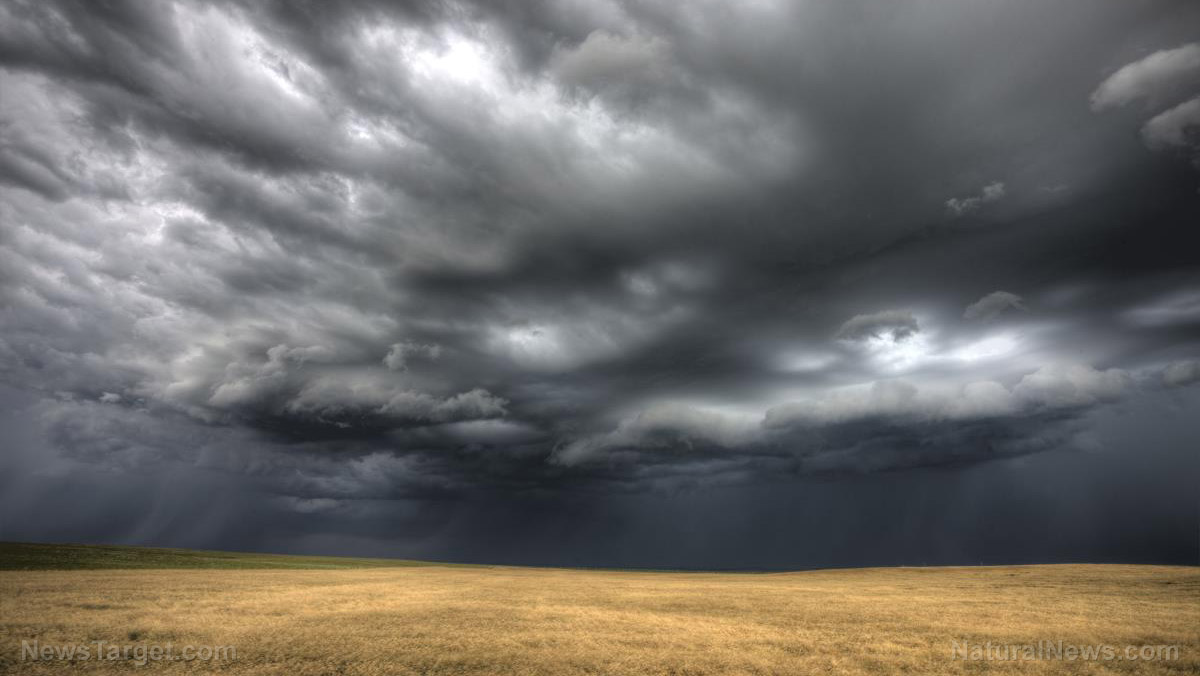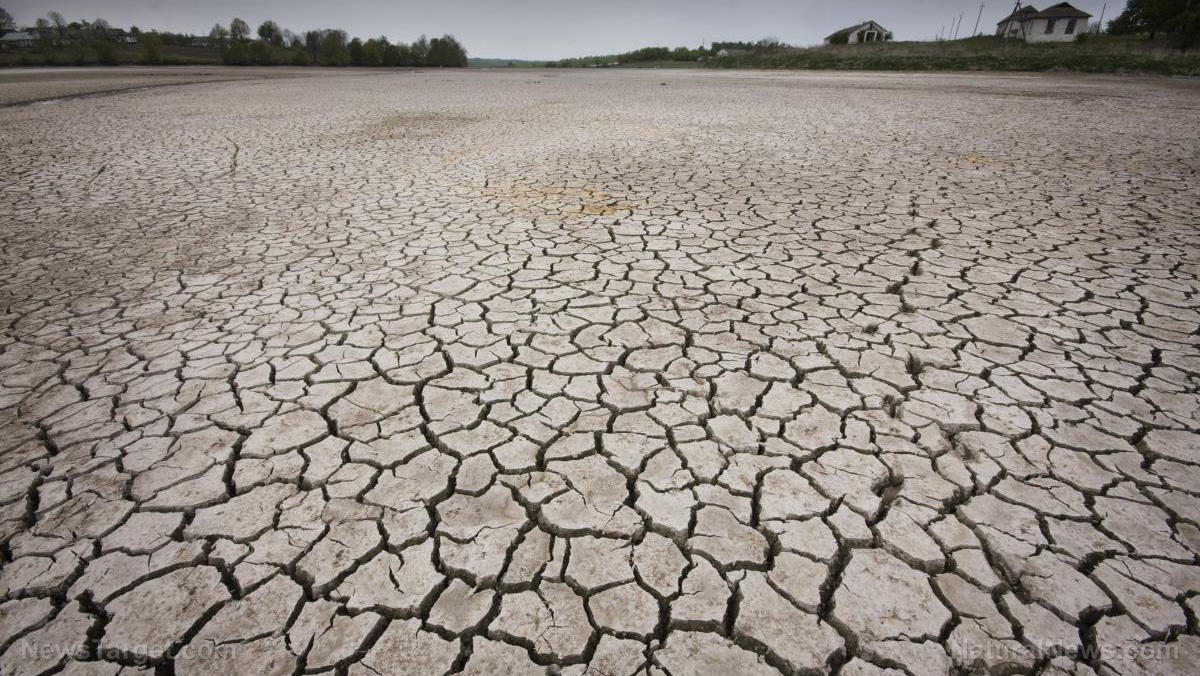Global food ecosystem under severe pressure due to staff shortages, extreme weather
09/08/2021 / By Cassie B.

The list of problems impacting food supply chains this year continues to grow, as extreme weather and worker shortages are pushing global food prices upward and leaving people hungry.
Right now, the global food ecosystem is under intense pressure due to a shortage of staff. The reduction in supplies and lack of workers are threatening to push food prices higher, exacerbating the already high prices caused by rising commodities and freight costs.
According to an index from the United Nations Food and Agriculture organization, food prices in August were 33 percent higher than they were in the same month last year. Rises have been seen in food commodities including meat, dairy, oils, sugar and cereals.
Many parts of the economy have been seeing labor shortages spurred by the coronavirus pandemic, but the impact is being felt particularly deeply in food and agriculture, which are traditionally less automated industries. Moreover, food security was already a big concern in some parts of the world, and the thin margins being seen right now are causing these rising production costs to be passed on to buyers.
Problems around the world
In America, meat packers are finding novel ways to attract new employees to make up for shortages, while fast food chains are hiking the prices of some popular menu items. One pork processing plant, Smithfield Foods Inc., is offering employees free iPads or Apple Watches after completing their first 60 days on the job.
Food pantries and school lunches are also being impacted by food shortages related to these issues. Wholesale distributors such as United Natural Foods Inc and Sysco Corp are reporting slowdowns and delays in the production of everything from cheese and bacon to spices.

The Oregon dairy cooperative Tillamook County Creamery Association recently found itself so low on workers that a board member had to miss an operational meeting in order to pitch in on the fields. The association’s CEO, Patrick Criteser, described their struggle to fill open roles.
He told Bloomberg: “We have family-wage, great jobs that have been open, that we’ve been recruiting really hard for and have had trouble filling. With the inflation we’re seeing in the business and the inflation that we’re seeing at the farm level, it’s going to translate to the shelf.”
In Vietnam, the army is pitching in to help with the rice harvest. The southern part of the country, which is one of the world’s top shrimp exporters, has seen shrimp production fall by 60 to 70 percent from before the pandemic. Meanwhile, Malaysia, a major palm oil producer, has noted losses of 30 percent in potential oil output, impacting the production of foods ranging from margarine to chocolate.
In the UK, farmers are being forced to dump milk because there are not any truckers available to collect it. South Gloucestershire dairy farmer Mike King estimates that he has lost roughly 5,283 gallons of milk due to canceled or delayed deliveries, while supermarkets run short. Some farmers are now milking their cows less frequently due to a lack of staff. McDonald’s ran out of milkshakes in the country last month, while some stores find themselves unable to keep staples like chicken and bread on their shelves.
In the south of Italy, tomato production has dropped by a fifth thanks to transport paralysis and extreme heat. A farmer in Foggia, Michele Ferrandino, who has been in the business since the 1980s, said that he has never seen a situation like the current one. He noted that tomatoes are highly perishable, and a lack of trucks to transport the harvest to the processing plants during its most crucial days is a significant problem.
The fact that so few people are willing to do the type of physically demanding work involved in the food supply chain while the availability of more comfortable types of jobs is rising is making matters worse.
Extreme weather has also impacted harvests. In Brazil, a freak cold snap is impacting coffee crops. Throughout the world, rising crop prices are pushing up the cost of feeding livestock, which impacts meat prices, while transport costs are climbing thanks to soaring demand and container shortages.
Sources for this article include:
Submit a correction >>
Tagged Under:
Bubble, Climate, crops, economy, environment, extreme weather, food collapse, food prices, food security, food shortage, food supply, grocery, labor shortage, pandemic, price hike
This article may contain statements that reflect the opinion of the author
RECENT NEWS & ARTICLES
COPYRIGHT © 2017 COLLAPSE.NEWS
All content posted on this site is protected under Free Speech. Collapse.news is not responsible for content written by contributing authors. The information on this site is provided for educational and entertainment purposes only. It is not intended as a substitute for professional advice of any kind. Collapse.news assumes no responsibility for the use or misuse of this material. All trademarks, registered trademarks and service marks mentioned on this site are the property of their respective owners.





















